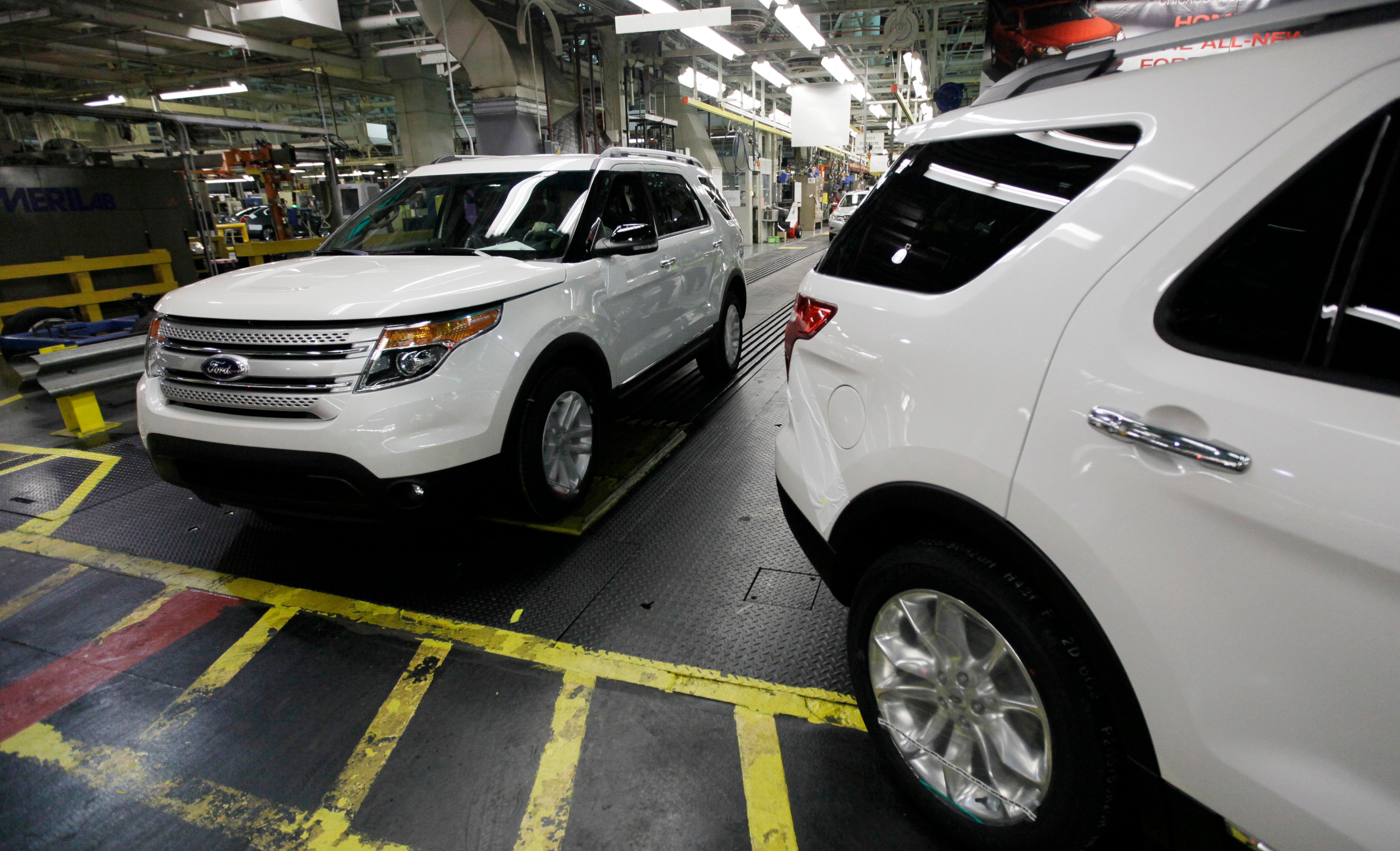US ends probe into Ford SUV exhaust issues without a recall
The U.S. government has closed a yearslong investigation into exhaust odors in Ford Explorer passenger cabins, determining that the SUVs don’t have high levels of carbon monoxide and don’t need to be recalled

Your support helps us to tell the story
From reproductive rights to climate change to Big Tech, The Independent is on the ground when the story is developing. Whether it's investigating the financials of Elon Musk's pro-Trump PAC or producing our latest documentary, 'The A Word', which shines a light on the American women fighting for reproductive rights, we know how important it is to parse out the facts from the messaging.
At such a critical moment in US history, we need reporters on the ground. Your donation allows us to keep sending journalists to speak to both sides of the story.
The Independent is trusted by Americans across the entire political spectrum. And unlike many other quality news outlets, we choose not to lock Americans out of our reporting and analysis with paywalls. We believe quality journalism should be available to everyone, paid for by those who can afford it.
Your support makes all the difference.The U.S. government's road safety agency has closed a more than six-year investigation into exhaust odors in Ford Explorer passenger cabins, determining that the SUVs don't have high levels of carbon monoxide and don't need to be recalled.
The National Highway Traffic Safety Administration says it reviewed more than 6,500 consumer complaints, tested SUVs in the field and called in automotive, medical, environmental health and occupational safety experts before making the determination.
The probe covered nearly 1.5 million Explorers from the 2011 to 2017 model years and involved complaints of sickness and crashes that involved three deaths and alleged there were 657 injuries. Many complaints came from police departments that used Explorer Police Interceptors as patrol vehicles.
But the agency said in documents released Monday that it used rigorous test methods to send exhaust gas into vehicles. No Explorers with bodies that were sealed under a 2017 Ford field service campaign had carbon monoxide levels that were higher than Environmental Protection Agency limits.
The agency determined that sealing issues due to installation of sirens, lights, cages and other items were responsible for the highest measured carbon monoxide levels in vehicles it tested. The highest carbon monoxide levels in consumer vehicles were usually traced to sealing issues caused by repairs after rear crash damage, NHTSA said.
Even without Ford's sealing repairs, no vehicles without crash damage or equipment installed had carbon monoxide levels that exceeded acceptable levels, the agency wrote. “There fore the agency has not identified a defect that represents an unreasonable risk to motor vehicle safety,” the agency wrote.